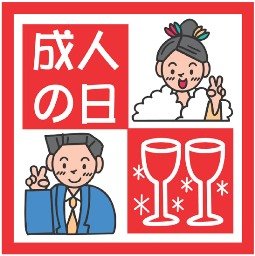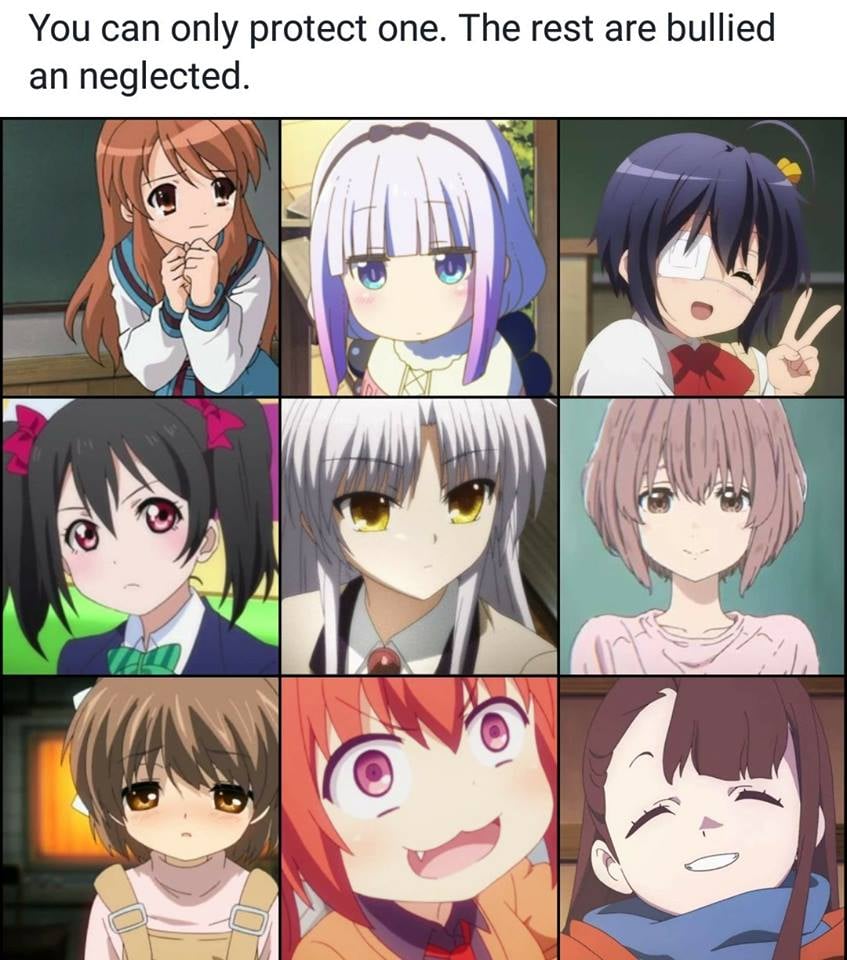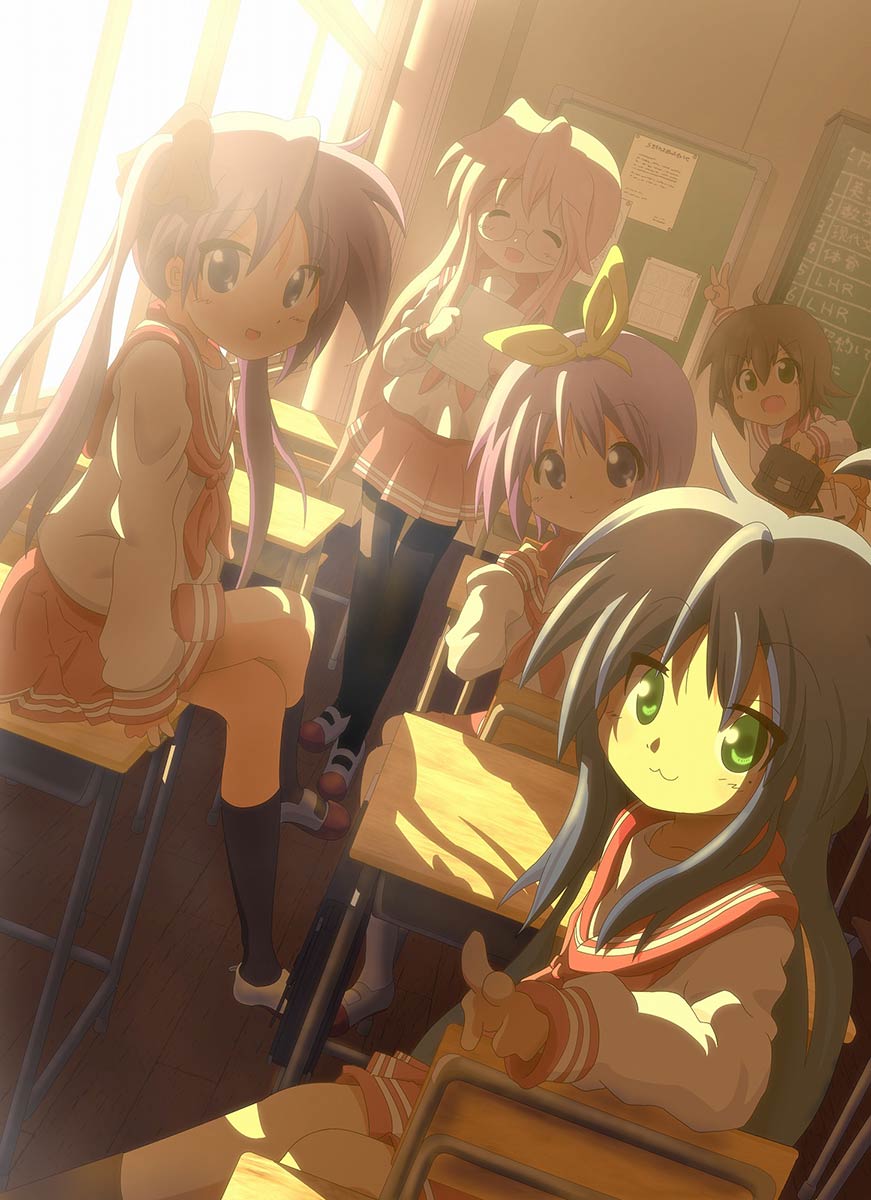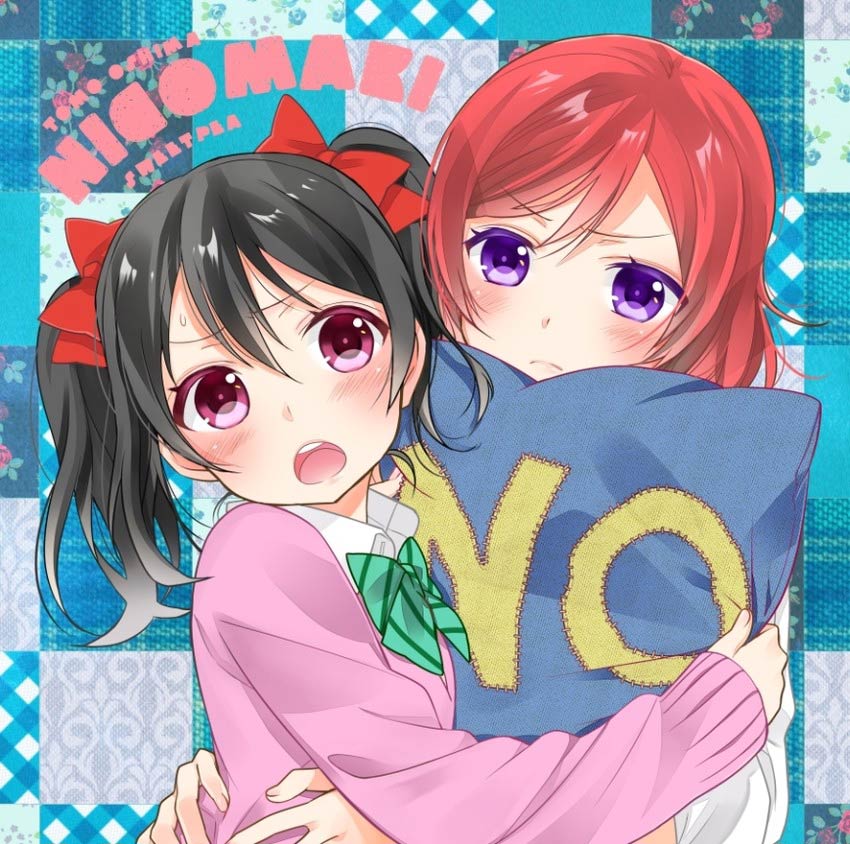Japan is currently engaged in some soul-searching about whether or not to lower the legal age of adulthood. Historically the official year for coming-of-age has been 20, and quite a big deal is made of this event every year around January 15 on Seijin-no-hi, or Coming-of-Age Day. On this day, Japanese young people who have turned 20 that year (with “year” being defined as the previous April to the upcoming March) gather in their city wearing fine new suits or beautiful kimonos to hear long, drawling speeches from politicians about life, responsibility, and the importance of contributing to society by working hard. Now a possible amendment to the Japanese Constitution is being considered which would officially lower this age to 18 from the current 20, which is the legal age for voting in Japan, as well as for buying tobacco and alcohol. (The age for driving is 18.) Most young people are opposed to the change, which doesn’t surprise me somehow. For some reason, Japan is a place where the younger generation isn’t in a hurry to grow up, and it’s common for children to live with their parents well into their 20s, or if they’re the oldest son or daughter of the family, forever, since they’ll be taking care of the parents as they get older. There’s something about the Japanese psyche that makes many young people more than happy to “grow up” at a slower pace, whether it’s the famous “parasite singles,” who live at home forever and never marry or make households of their own, or the more common “freeters,” who work part-time jobs without ever deciding on a full-time career. Perhaps its a side-effect of having fewer children born over the past generation, meaning more doting on each child by parents compared to the old days.
















